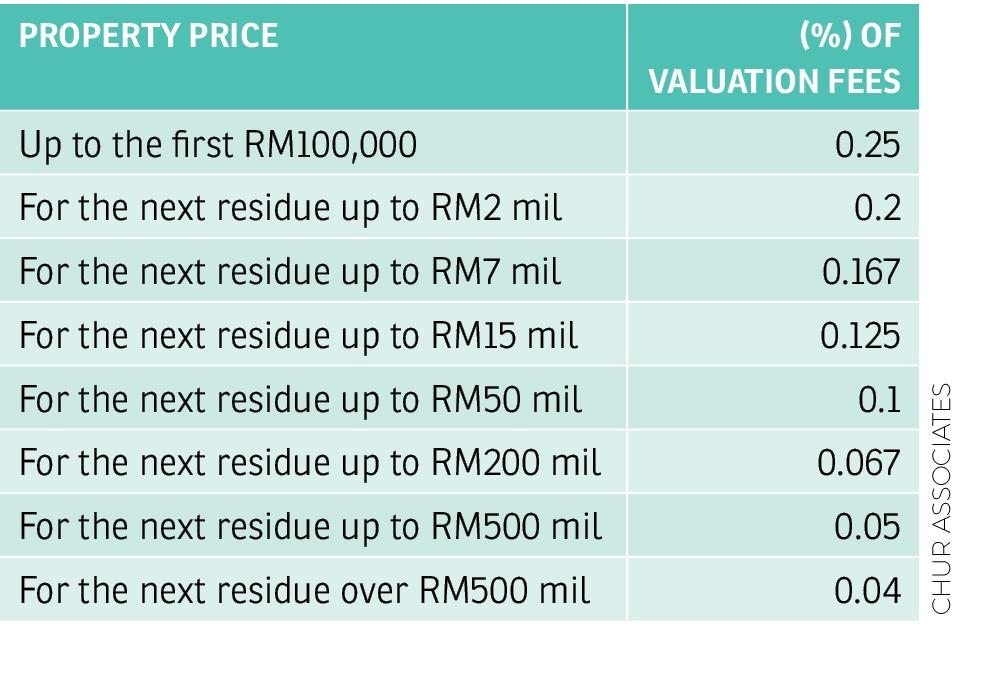In the fast-paced world of logistics, transport, and shipping, one key factor plays a crucial role in determining the worth of goods being transported – valuation charges. Valuation charges are not just numbers on a spreadsheet, they are a reflection of the value and importance of the goods being shipped. In this article, we will delve into the intricate world of valuation charges in the logistics industry, exploring their impact on businesses and how they ensure the safe and efficient transportation of goods. Join us on a journey through the complexities of valuation charges in the world of logistics, where every penny counts.
Understanding Valuation Charges in the Logistics Industry
Valuation charges in the logistics industry play a critical role in determining the cost of transporting goods from one point to another. These charges are calculated based on various factors such as the weight, volume, value, and specific requirements of the cargo. Understanding how valuation charges work can help businesses effectively budget and plan their logistics expenses.
When it comes to valuation charges in the logistics industry, it’s important to consider the different types of charges that may apply, such as ad valorem charges, specific charges, and minimum charges. Ad valorem charges are calculated as a percentage of the cargo’s declared value, while specific charges are fixed rates based on weight or volume. Minimum charges, on the other hand, ensure that a certain minimum fee is applied regardless of the actual value or weight of the cargo. By familiarizing yourself with these different types of charges, you can better negotiate rates with logistics providers and optimize your supply chain costs.

Factors Influencing Valuation Charges for Transport Services
can vary depending on various aspects of the logistics, transport, and shipping industry. One key factor is the distance between the pick-up and delivery points, as longer distances typically result in higher charges due to increased fuel and driver costs. Additionally, the type of transportation mode used, such as air, sea, rail, or road, can also impact valuation charges. Each mode has its own cost structure, with air transport generally being the most expensive and road transport being more cost-effective for short distances.
Another significant factor is the weight and volume of the goods being transported, as these factors affect the amount of space required and the resources needed to transport them. Additionally, the fragility and perishability of the goods can also influence valuation charges, as special handling and packaging may be required to ensure the safe and timely delivery of the goods. Other factors to consider include the complexity of the route, any required special permits or customs clearance, and the time sensitivity of the delivery. By understanding and considering these factors, businesses can better estimate and manage the valuation charges associated with their transport services.
| Distance | Transport Mode | Weight |
|---|---|---|
| Longer distances | Road transport | Heavyweight |
| Short distances | Air transport | Lightweight |

Strategies to Minimize Valuation Charges in Shipping Operations
When it comes to minimizing valuation charges in shipping operations, there are several strategies that can be implemented to help save costs and improve efficiency. One effective strategy is to optimize packaging to reduce dimensional weight charges. By utilizing packaging that fits the size and shape of the product more efficiently, companies can avoid unnecessary fees.
Another key strategy is to negotiate rates with carriers to secure better pricing. By leveraging the volume of shipments and building strong relationships with carriers, companies can often negotiate lower rates that can help minimize valuation charges. Additionally, utilizing technology such as transportation management systems can help streamline operations, reduce errors, and ultimately lower costs in shipping operations.
In Retrospect
In conclusion, valuation charges play a crucial role in the logistics, transport, and shipping industry. Understanding and properly managing these charges is essential for businesses to ensure accurate valuation of goods and services. By staying informed and implementing strategies to optimize valuation processes, companies can navigate the complex world of logistics with confidence and efficiency. Stay tuned for more insights and tips on how to navigate the intricacies of valuation charges in the ever-evolving world of logistics. Thank you for reading!
